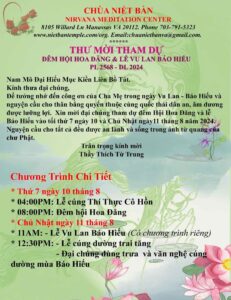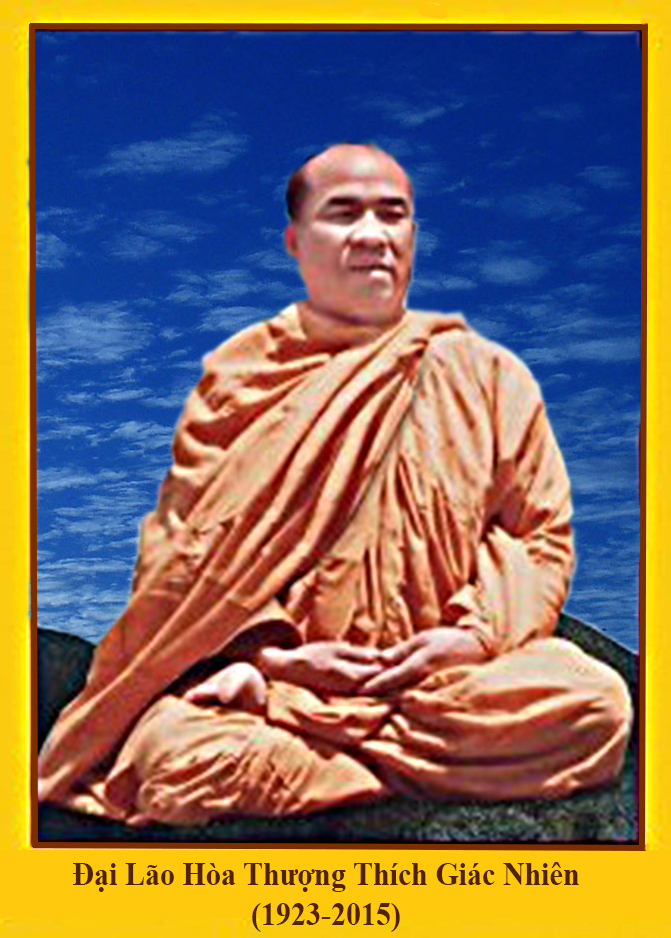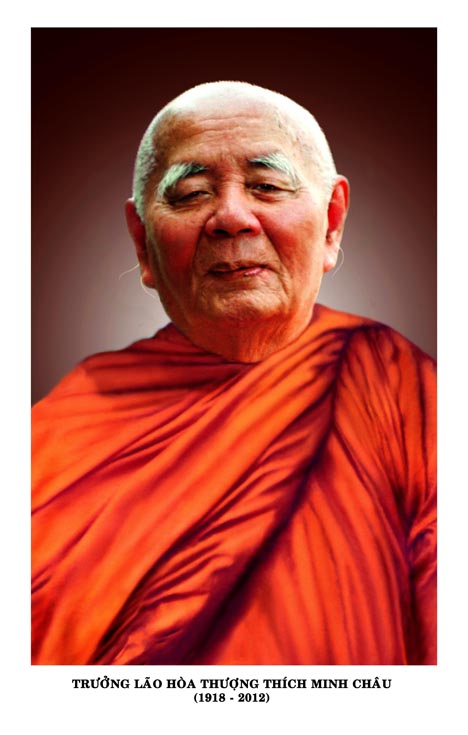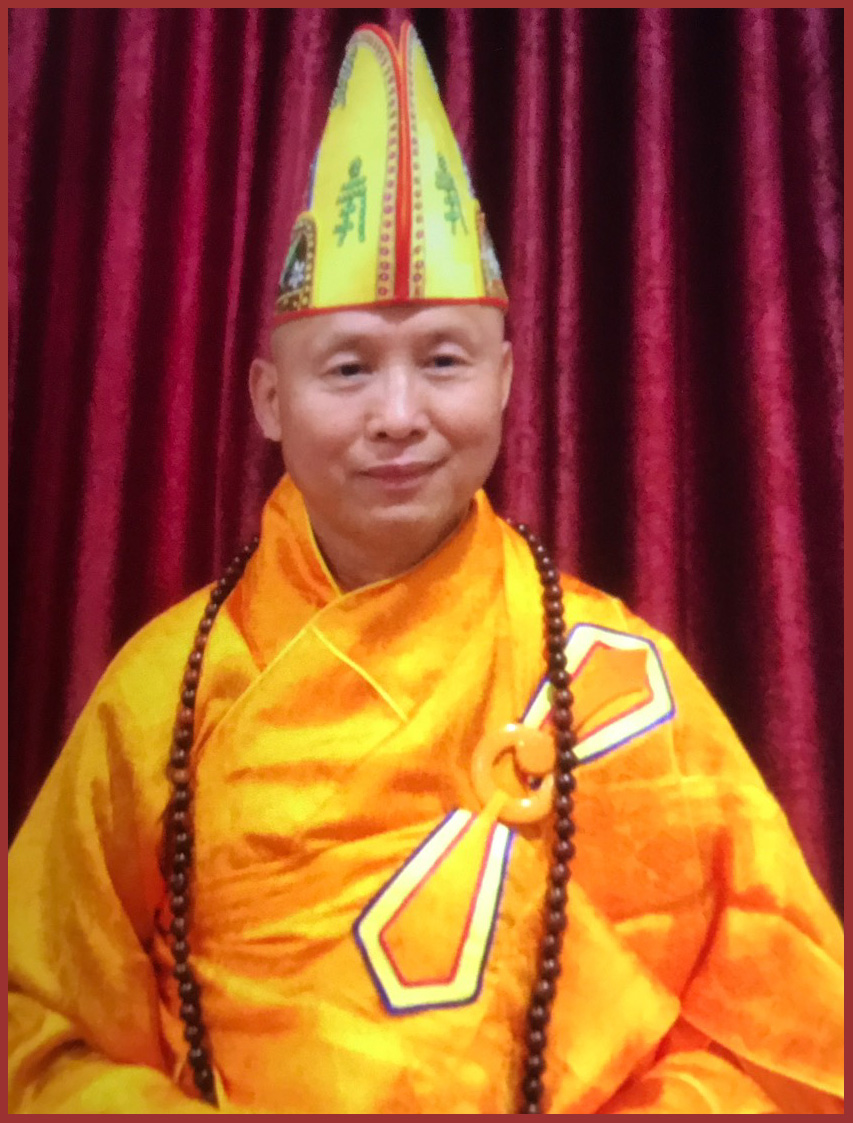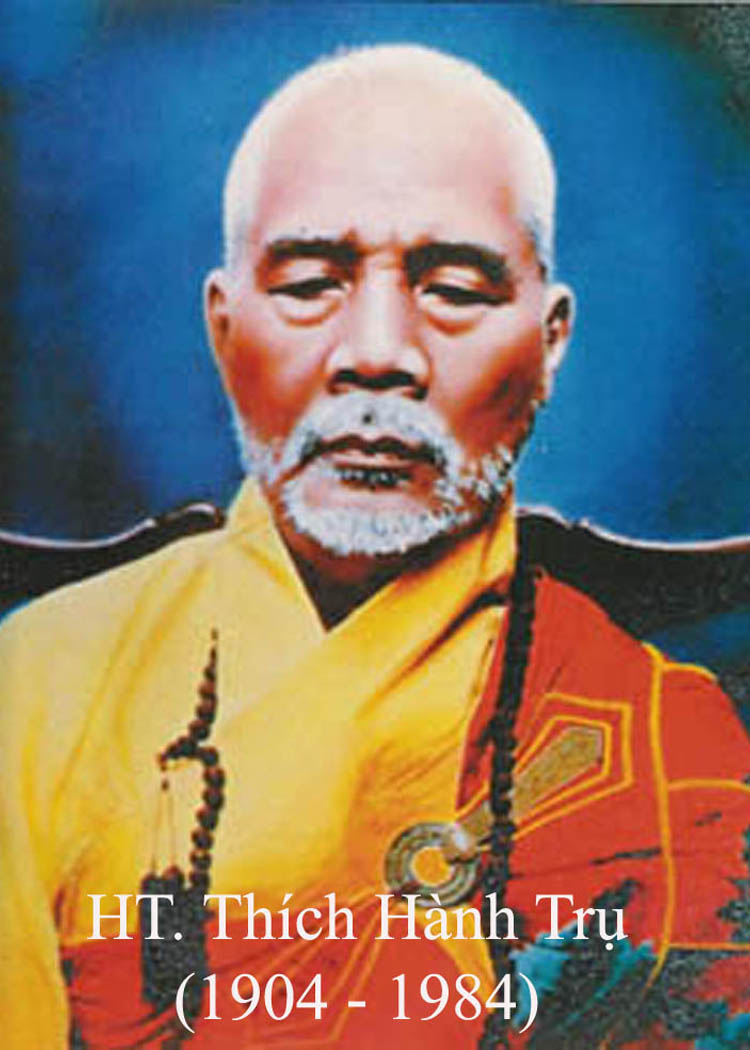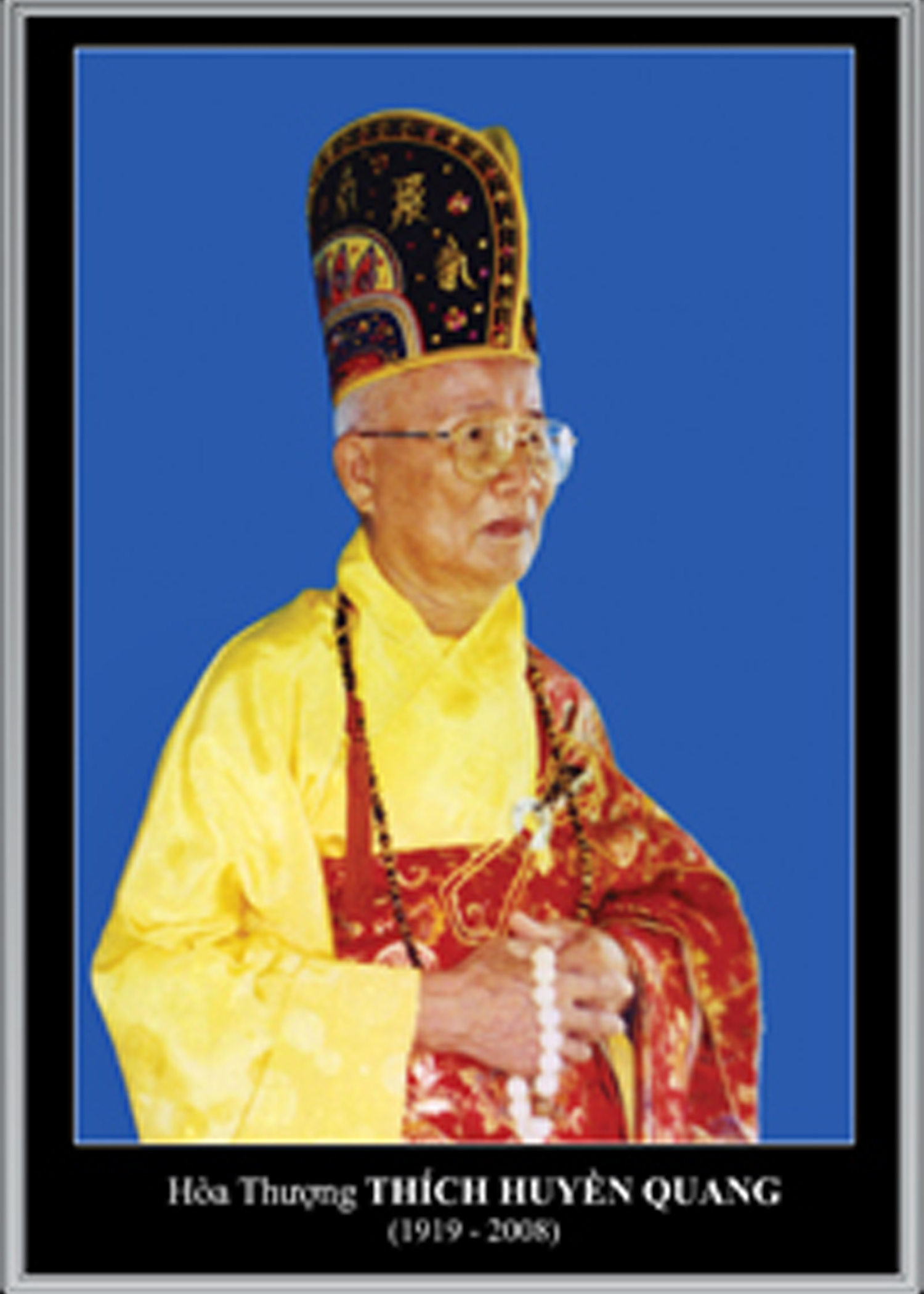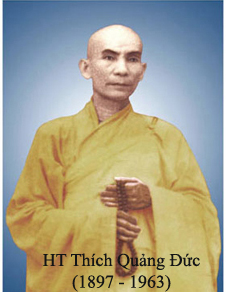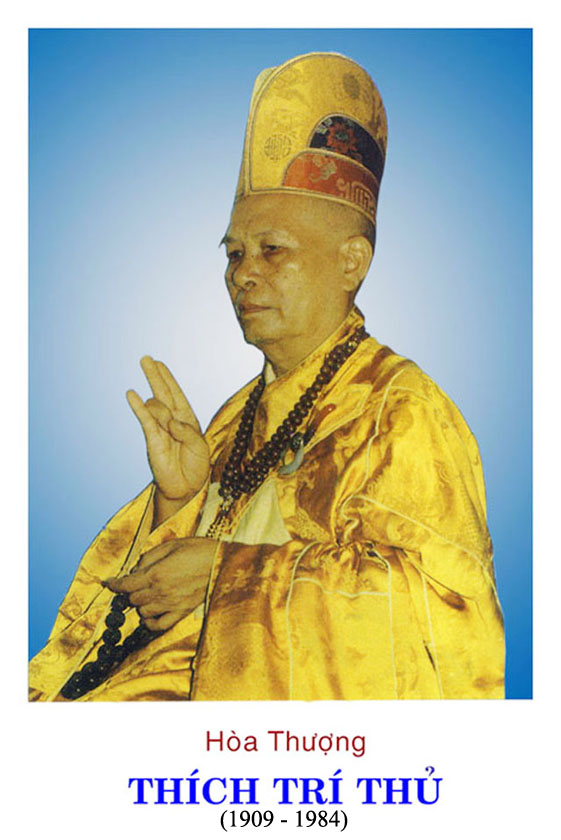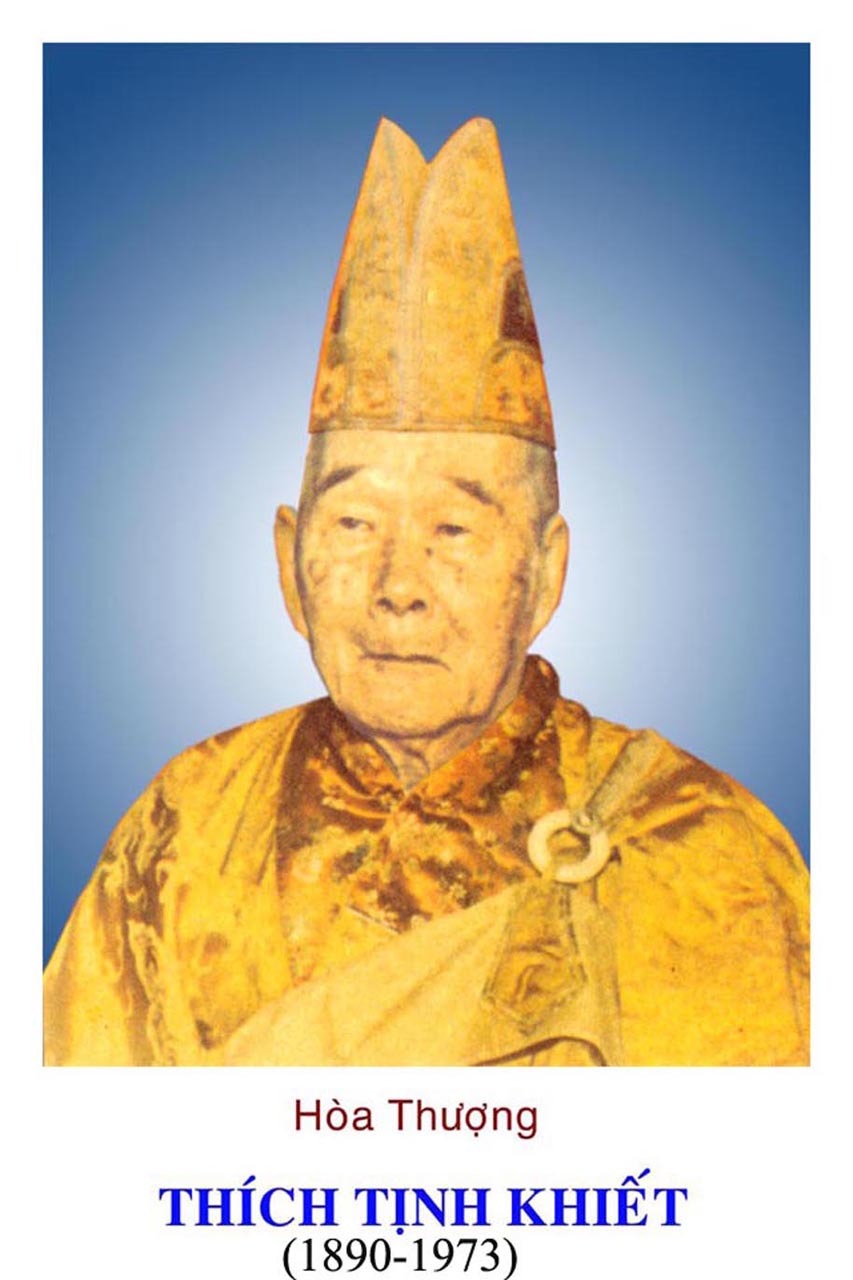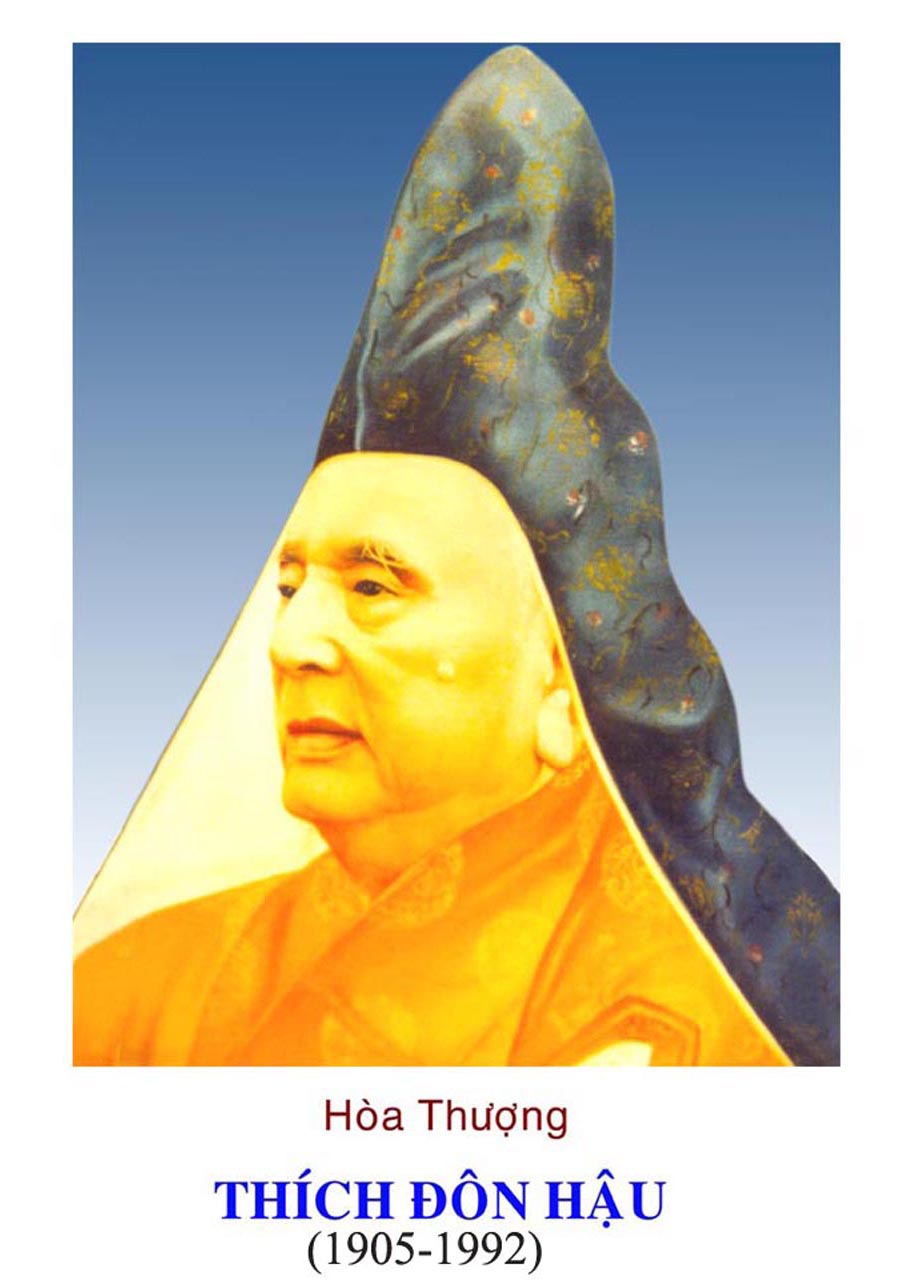Hoa Vo Uu (Buddha Dharma Education Association)
Venerable Shravasti Dhammika
The Buddha’s Words of Wisdom
An ordinary man experiences pleasant, painful, and neutral feelings, and so does the instructed noble disciple. So, what is the distinction, the division, the difference between them? When an ordinary man is touched by a painful feeling he worries and grieves, laments, beats his breast, weeps and is distraught.
He therefore experiences a bodily feeling and a mental feeling. It is as if a man were pierced by a dart, and following the first piercing, he was hit by a second dart. He would experience the feelings caused by both darts. And so it is with the ordinary man.
Having been touched by a painful feeling, he resists and resents it and so a deep tendency of resistance and resentment comes into being. Under the impact of that painful feeling he then proceeds to enjoy sensual happiness. And why does he do so? Because the ordinary man knows no other escape from painful feelings except the enjoyment of sensual happiness.
Then in enjoyment sensual happiness a deep tendency to lust for pleasant feelings comes into being. He does not know as it really is the arising and ending of those feelings, their satisfaction, their danger or the escape from them.
In lacking this knowledge, the deep tendency to ignorance about neutral feeling comes into being. So, whether he feels a pleasant, painful, or neutral feeling, he feels it as one fettered by it. He is fettered to birth, old age and death, to sorrow, lamentation, pain, grief and despair. He is fettered to suffering, I declare.
But when the instructed noble disciple is touched by a painful feeling, he does not worry, grieve or lament, he does not beat his breast or weep, nor is he distraught. It is one being only that he experiences, a bodily one and not a mental one.
It is as if a man were pierced by a dart but was not pierced by another dart following the first one. And so it is with the instructed noble disciple. Having been touched by that painful feeling, he neither resists nor resents it, and so no deep tendency for resistance or resentment comes into being.
Hence, in consequence of the painful feeling he does not proceed to enjoy sensual happiness. And why not? Because he knows of an escape from painful feeling other than by enjoying sensual happiness. Then in not enjoying sensual happiness, no deep tendency to lust for a pleasant feeling comes into being.
He knows as it really is the arising and ending of those feelings, their satisfaction, their danger, and the escape from them. Knowing this, no deep tendency to ignorance as to neutral feelings comes into being. So whether he feels a pleasant, painful or neutral feeling, he feels it as one free from it. He is free from birth, old age and death, from sorrow, lamentation, grief and despair. He is free from suffering, I declare.



























